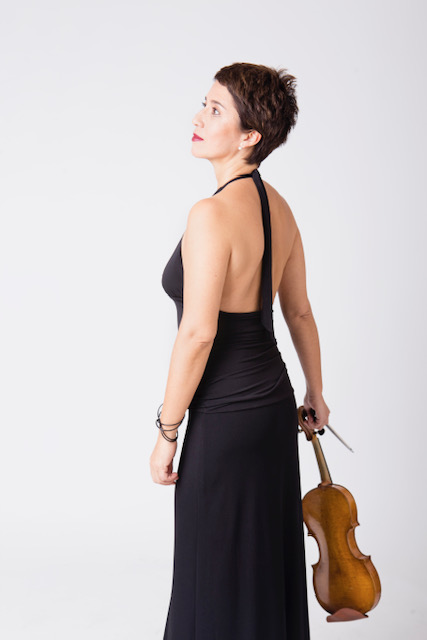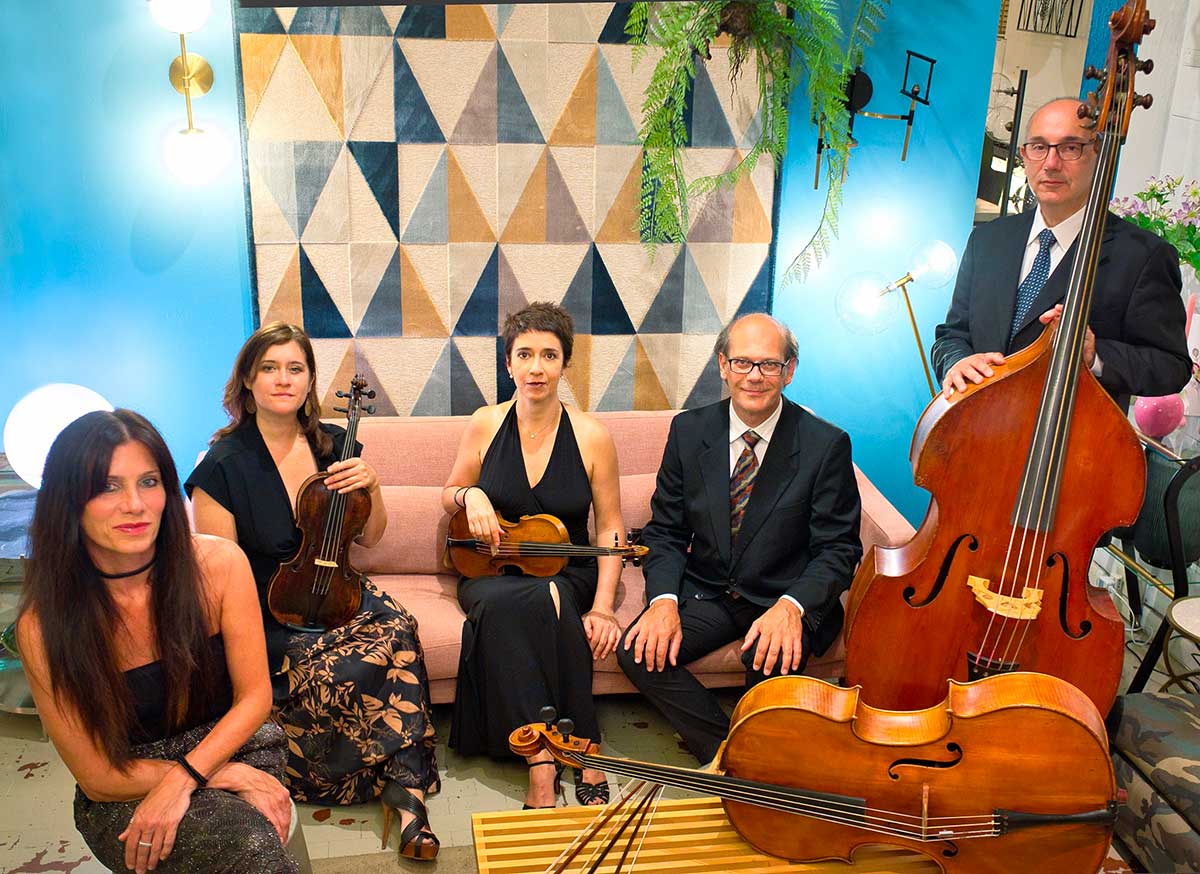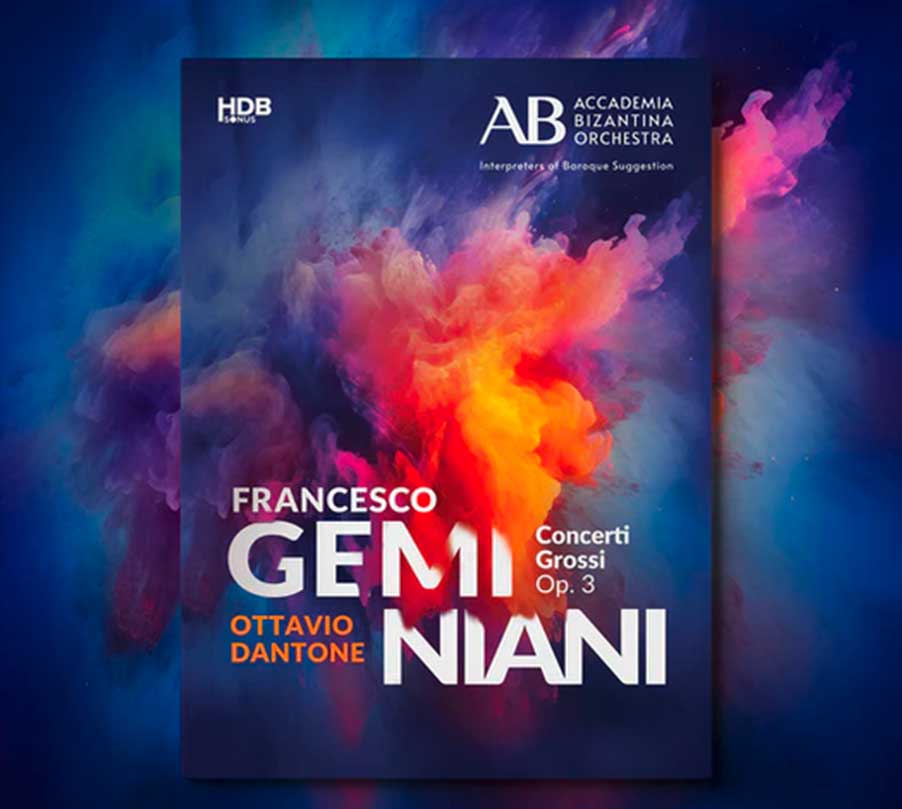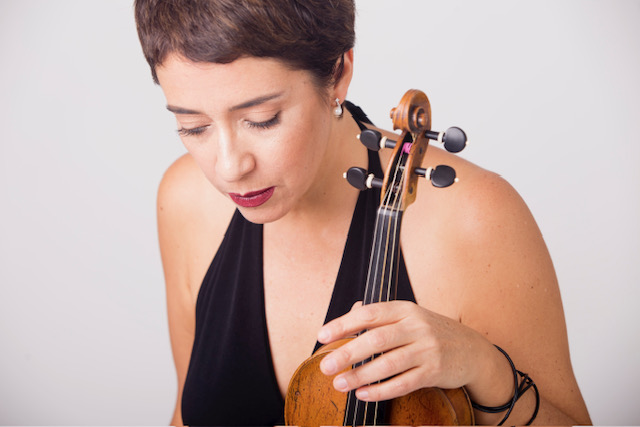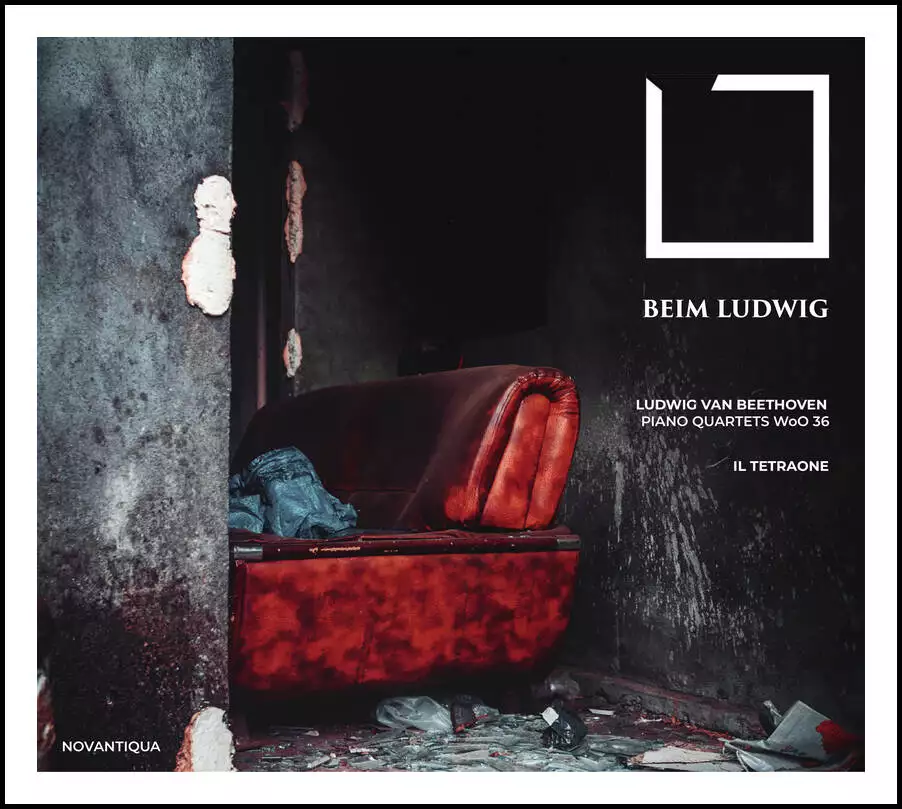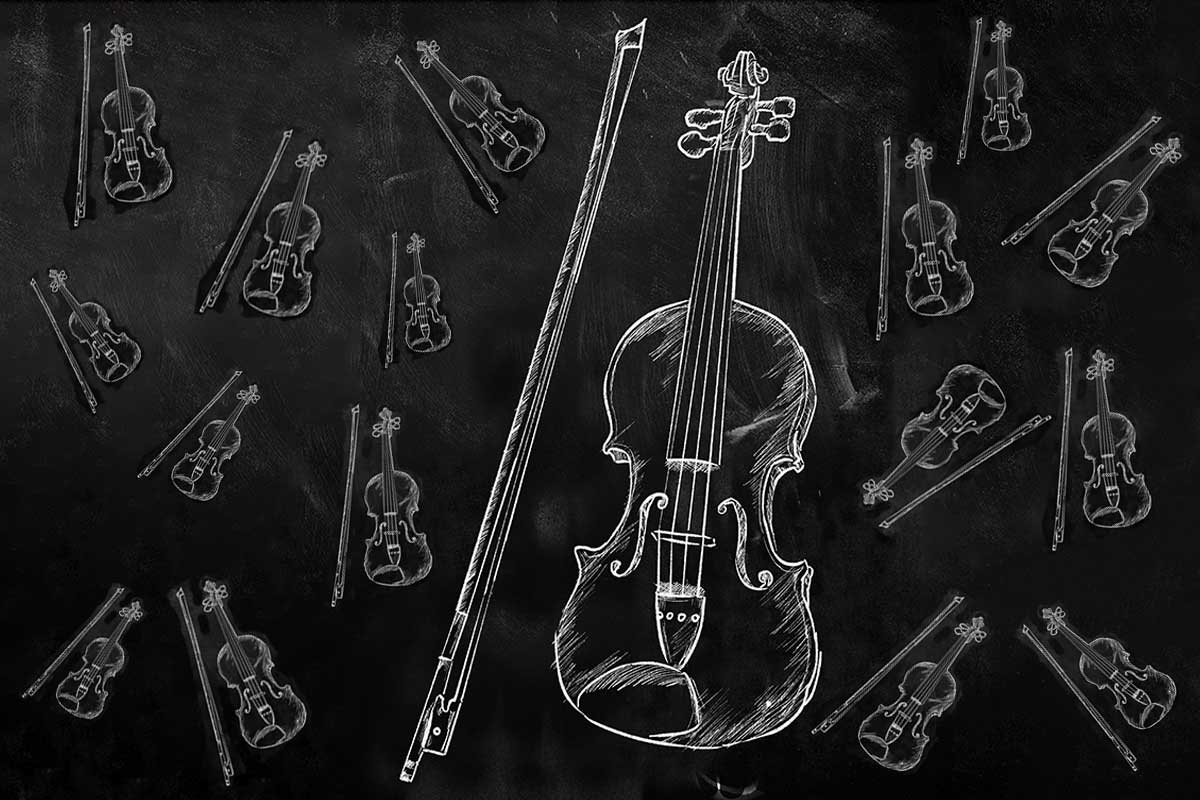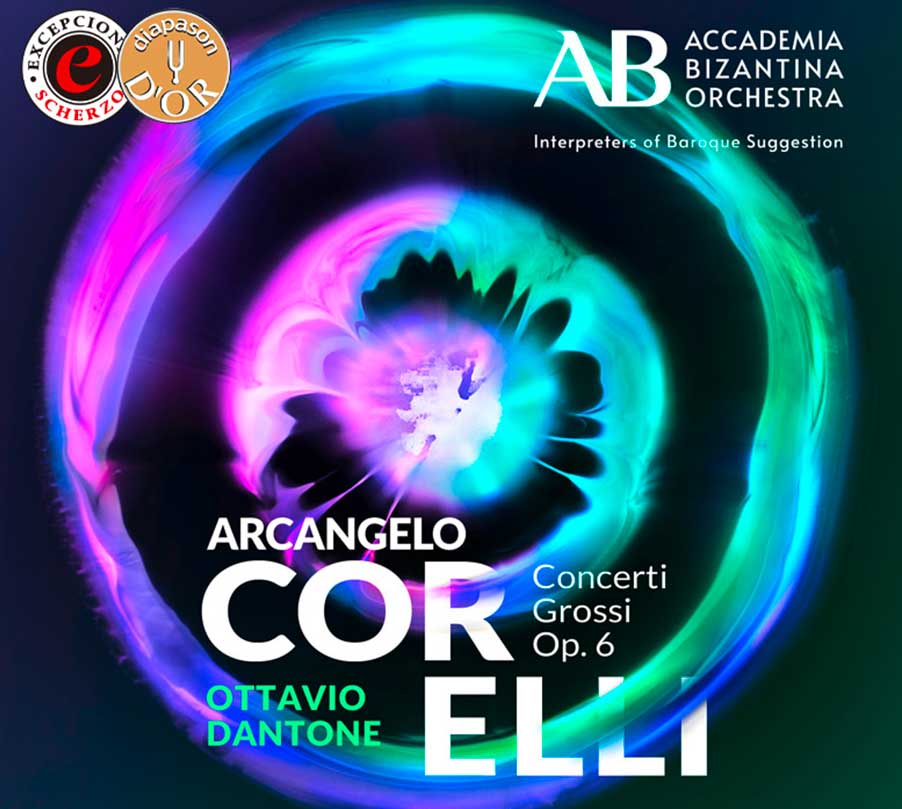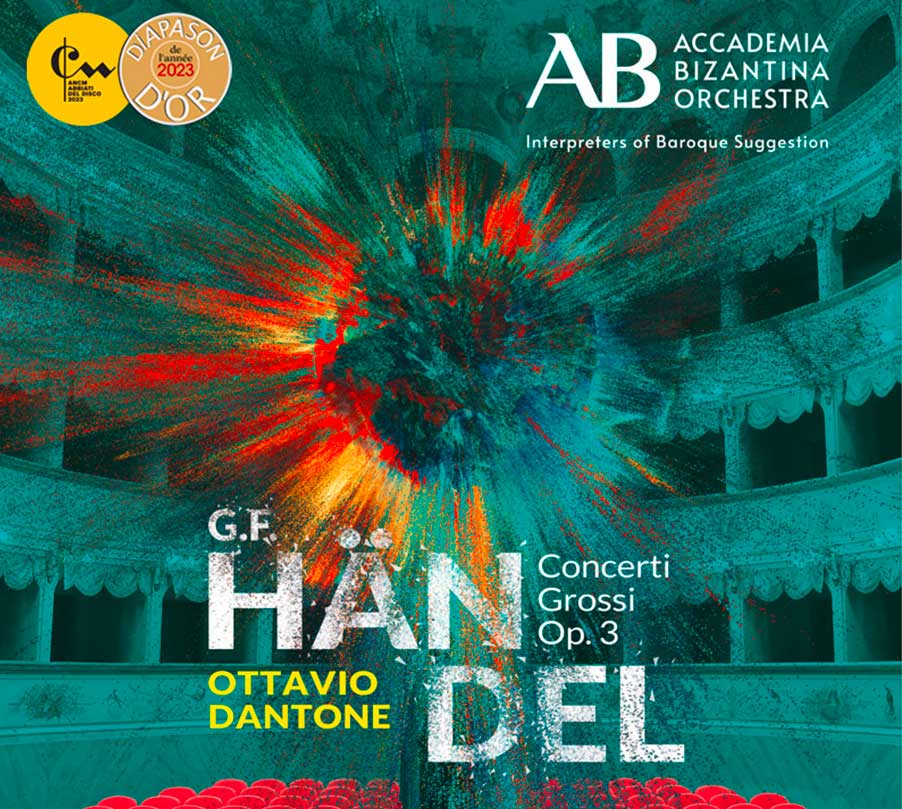Accademia Bizantina
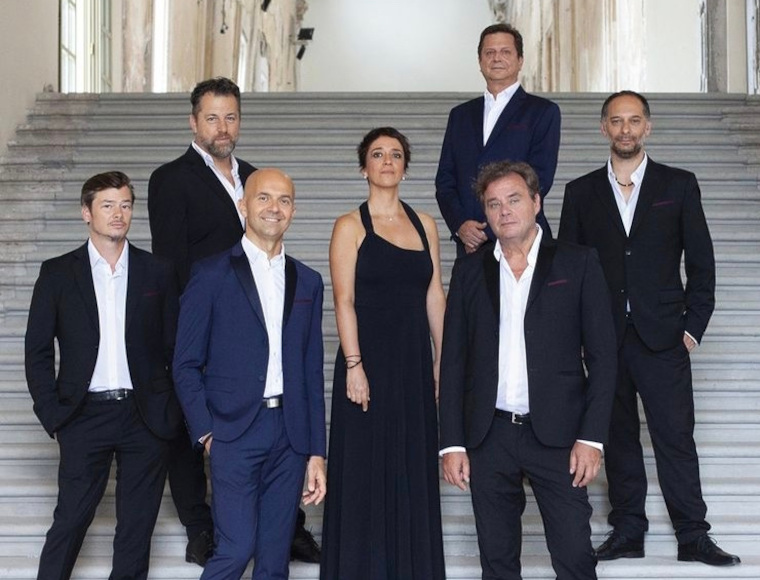
Accademia Bizantina
The Accademia Bizantina is an ensemble specialized in the performance of 17th and 18th century musical repertoire on period instruments, although it also includes the repertoire of Monteverdi and some late Renaissance composers.
Formed in Ravenna in 1984 with the programmatic intent of making music as a large quartet, the group uses original instruments of the period and follows the philosophy of philological interpretation of the music performed.
In 1989, on the occasion of the recording of Corelli's Opera Omnia (conducted by the then director and violinist Carlo Chiarappa) Ottavio Dantone joined the group as a permanent harpsichordist. In 1996 Dantone was appointed musical and artistic director of Accademia Bizantina; from that moment on the orchestra focused entirely on the baroque repertoire.
In 1999 Accademia Bizantina and director Ottavio Dantone staged for the first time in contemporary times the opera Giulio Sabino by Giuseppe Sarti, at the Teatro Alighieri in Ravenna. Since then, Accademia Bizantina has specialized in the interpretation of Baroque Opera and Oratorio, proposing, alongside the most important titles of this repertoire, the rediscovery of works never performed in the modern era.
In 2011, the violinist and violist Alessandro Tampieri became concertmaster of Accademia Bizantina.
In 2013, Accademia Bizantina moved its operational headquarters to the town of Bagnacavallo, in whose Teatro Goldoni the orchestra has held numerous recordings, concerts[3] and events including, starting in 2016, the review of ancient and baroque music Libera La Musica, curated by Accademia Bizantina and Ottavio Dantone.
In 2024, the album Imprinting was released, a recording of Mendelssohn's Italian Symphony and Schumann's Rhenish Symphony, with which Accademia Bizantina inaugurated a cycle of albums and concerts that explore the musical repertoire of the nineteenth century, highlighting the links between Baroque works and the music of the following centuries, to "explore the language of the Romantic period considering on the one hand the aesthetic and philosophical changes taking place in the first half of the nineteenth century and on the other that tradition of expressive gestures and attitudes of the past century that were still part of the new artistic sensibility".
Since 2024, Accademia Bizantina has been the orchestra in residence at the Innsbrucker Festwochen der Alten Musik[5], the early music festival in Innsbruck, where it continues its exploration of the Baroque repertoire and in particular the rediscovery of works that are less known and unpublished to the modern public.
Over the years, Accademia Bizantina has achieved considerable critical success for the rigor of its performances and its constant participation in the major European festivals testifies to the importance and fame of the group. The prestigious international theaters and festivals in which Accademia Bizantina has played include Carnegie Hall and Lincoln Center (New York), Wigmore Hall and Barbican Center (London), Théâtre des Champs Elysées (Paris) and Opera Royal (Versailles); Concertgebouw (Amsterdam), Bozar (Brussels), Pierre Boulez Saal / Staatsoper (Berlin), Kölner Philharmonie, Elbphilharmonie Hamburg, ENCPA Beijing, Shanghai Concert Hall, Walt Disney Concert Hall (Los Angeles), Theater an der Wien (Vienna), Wiener Konzerthaus, CNDM Madrid, Auditorium Parco della Musica in Rome.
The Accademia Bizantina has released around forty CDs with prestigious record labels such as ARTS, Decca, Naïve and others.


